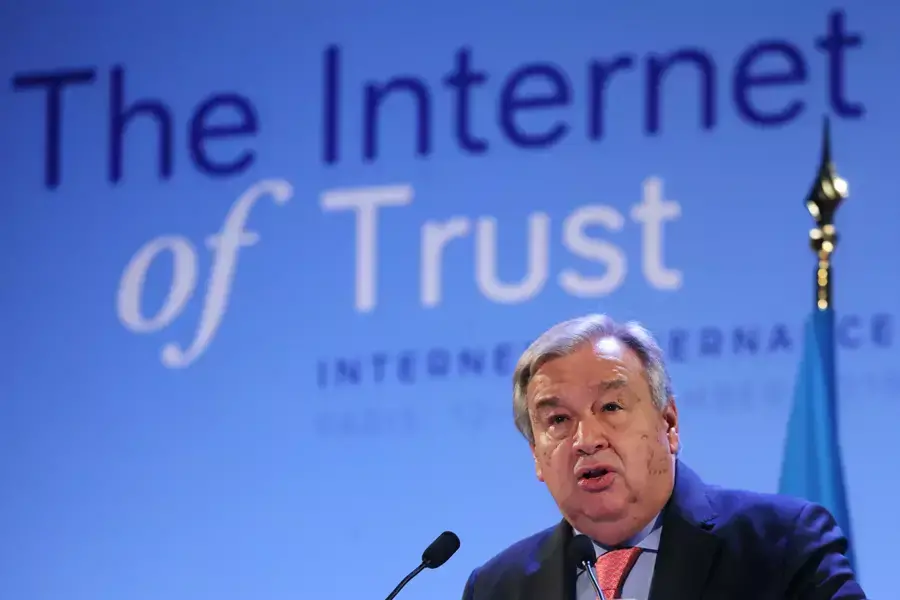Quick reactions to the Global Digital Compact zero draft

[Aquí en español] The zero draft of the Global Digital Compact (GDC) was published a few days ago. Regarding its position on digitalization and its environmental impacts, we at the Latin American Institute of Terraforming believe it is important to emphasize the following:
- It is good news that the GDC encourages its technical bodies to standardize data on sustainability. As an institute, we have proposed this urgent need in various contributions to United Nations bodies.
- More generally, we are concerned about the need for more diversity in the participation of the global south, as this analysis shows (which does not even delve into whether there is any particular dominance of global south economies in these inputs). This dominant vision of the global north not only makes its own political and economic interests dominate the draft but also its theoretical and practical approach to such key challenges as the climate and ecological crisis that the planet is experiencing. In this sense, the draft itself fails in the first principle it proclaims: inclusiveness. In these times of multiple crises, the United Nations must ask itself in its processes what “promoting and enabling diversity” means in concrete terms, firmly believing that this is the key to understanding the complexity of the challenges, setting ambitious goals for participation, and leading by example.
- We believe that this may be one of the reasons why its principle on “Environmental Sustainability” is disappointing. Firstly, it begins with a technocentric discourse already criticized in the forums on the climate crisis organized by this same organization: the idea that technology (this time, digital) can solve environmental, climate, and sustainability challenges. That idea is, to say the least, debatable if the scientific evidence is reviewed. This empty discourse of techno-optimism – driven by economic interests over direct and indirect evidence, public policy, and community rights – is more likely to end up fueling than mitigating the ecological and environmental crises.
- Similarly, it is dangerous that the socio-environmental effects -written with dangerous generality in this zero draft- are after the techno-optimistic discourse because it underlies in importance the objective evidence of how digitalization -without adequate control- not only has vast and growing socio-environmental effects but may even jeopardize the planet's goals regarding mitigating the climate and ecological crisis. The latter is the huge, complex, and unique objective that, in our view, the GDC should have.
- The dangerous vagueness we are talking about lies in the idea that technology “consumes materials.” Being specific in this point not only helps to raise concrete targets for the GDC but can strengthen the relevance of the 2030 Agenda: “Material consumption” hides specific things like fresh water (which endangers both human water consumption and the use of water for other activities in many communities), intensive mining of metals and minerals (which pollutes territories and affects and displaces humans and non-humans), as well as uses increasing energy that, if fossil fuel, emits more carbon footprint, but even if it's “green energies,” brings with it a series of socio-environmental effects that affect, in particular, populations already in vulnerability due to the impact of the climate crisis. The lack of specificity of what environmental sustainability means, as we know, favors toxic policies such as greenwashing.
For the rest, the draft continues to talk about technologies – as if they emerged on their own – and not about the differentiated economic actors that develop them and how their concentration and power today determine discussions that should be much deeper and more complex, such as what environmental sustainability means in digitization. Obviously, this abstraction of big capital is a convenient move, at least geopolitically. But can the big tech companies – which concentrate the economic power of contemporary neoliberal capitalism and whose objective is accumulation for infinite economic growth on a finite planet – be environmentally sustainable today? Can big tech use of green energy even be desirable if, like Microsoft, a data center is opened globally every three days? Where can we have this discussion in the global politics of digitization?
No one is surprised by the limitations that the United Nations has in the geopolitical context for more critical speeches, and it is not about attacking it vacuously, as conservative and fascist forces do. However, when discussing a draft, which will then enter into multiple negotiations, one would expect more ambition. In times of multiple and horrific crises, history belongs to the people and communities that dare.